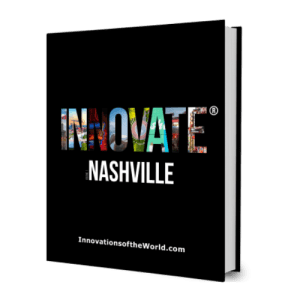The Vanderbilt Vaccine Center (VVC) was founded in 2004, with James E. Crowe, Jr, M.D. as director. The mission of this internationally recognized biomedical research and development team is to transform infectious disease prevention approaches using instant immunity achieved by use of naturally occurring molecules form the human immune system called antibodies The VVC houses an active research faculty that focuses on basic, translational and applied research in antibodies for infectious diseases and in the study of human immunology.
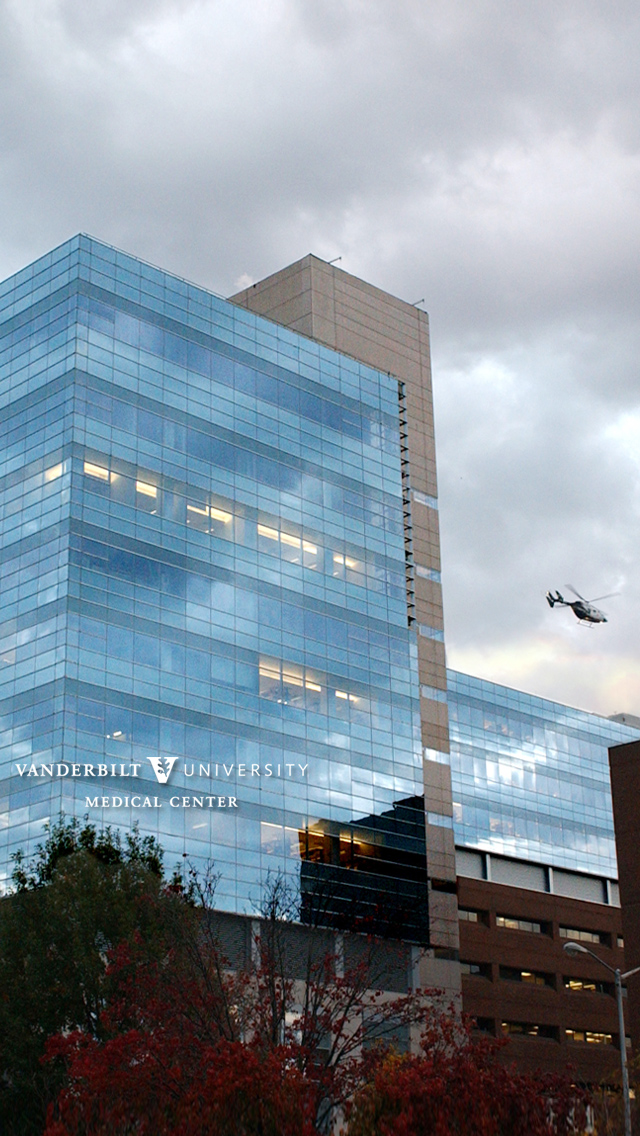
VVC has internationally unique capabilities to develop human monoclonal antibodies to infectious agents. The Center has developed a wide network of collaborators in international sites for identification of survivors of infections with emerging diseases, and acquisition of convalescent blood samples that are used for isolation of monoclonal antibodies. VVC has large scale capacity for biosafety agent testing of vaccines and therapeutics. The Center also has collaborative relationships with most of the laboratories in the U.S. with select agent clearance for laboratory studies in biosafety level-3 or biosafety level-4 containment laboratories (“hot zone labs”). This research network allows VVC scientists to rapidly isolate naturally occurring human antibodies from survivors of natural infections, characterize those antibodies in great detail, and then validate the functional activity of these reagents and drugs with virtually any infectious agent.
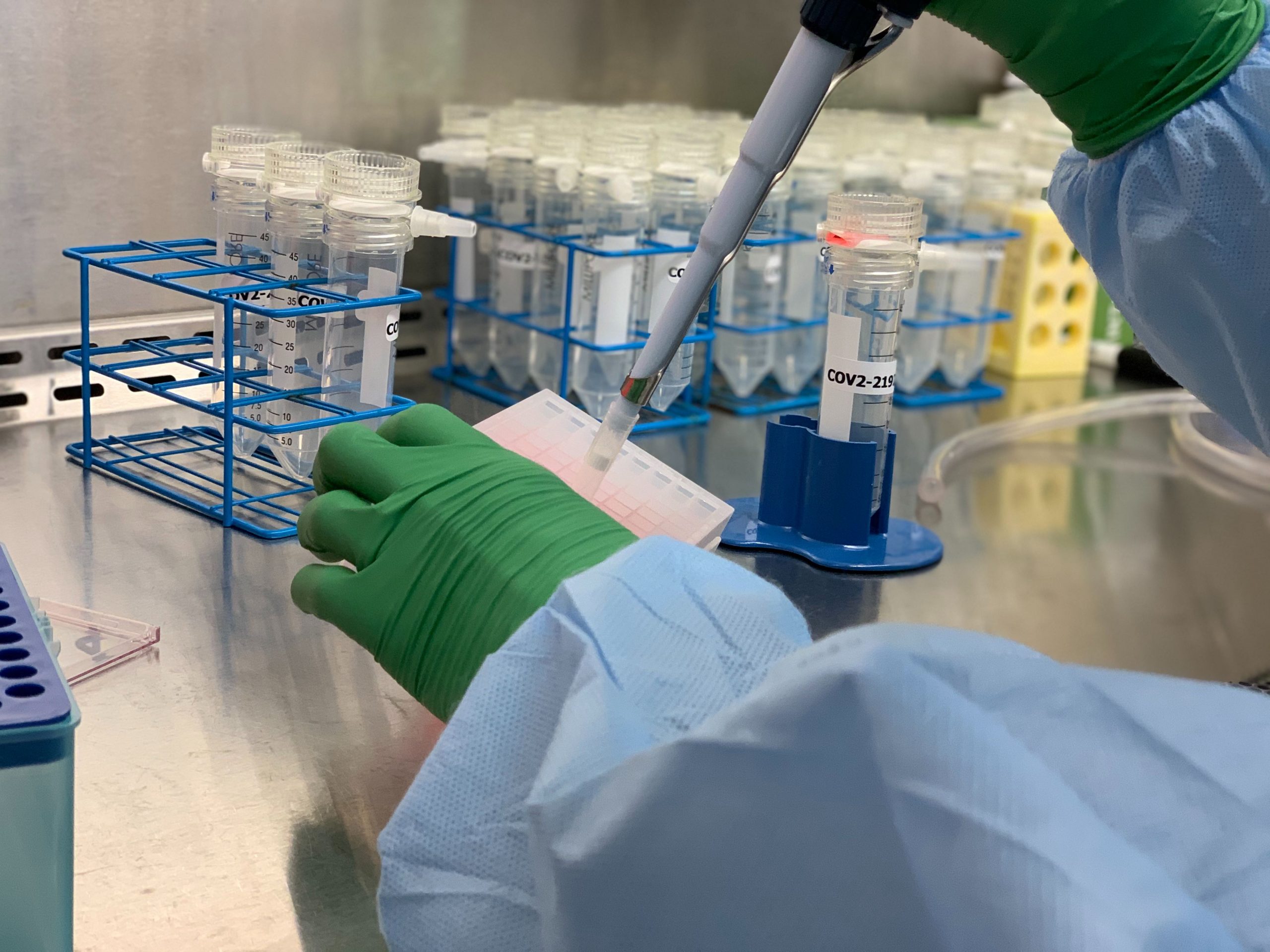
Our group uses a very broad array of techniques including molecular and cellular biology, state-of-the-art imaging and flow cytometry, bioinformatics, and bioengineering approaches to attack the scientific problems that are of interest to us. Our philosophy is to work on major human pathogens – we study model systems only when the direct study of the primary pathogen in humans is not feasible at a definitive level.

Education & Training Initiatives at VVC: We are training the next generation of virology, immunology, and vaccine scientists. The VVC trains scientists at all levels, including undergraduate, graduate, and medical students and PhD and MD or MD/PhD postdoctoral research fellows. Students in VVC obtain PhD degrees in Pathology, Microbiology and Immunology, Chemical and Physical Biology, or Biomedical Engineering. The VVC is also an active site for career development of physician scientists and veterinarian scientists. The VVC has a longstanding commitment and demonstrated success for training with diversity as a priority. We have recruited numerous Black and Latinx scientists for PhD or postdoctoral studies and all are still in science or medicine and successful. We have trained a lot of very strong women in science who are leaders in government, industry, and academia; of the more than 30 graduate students we have mentored to date, about 60% have been women.
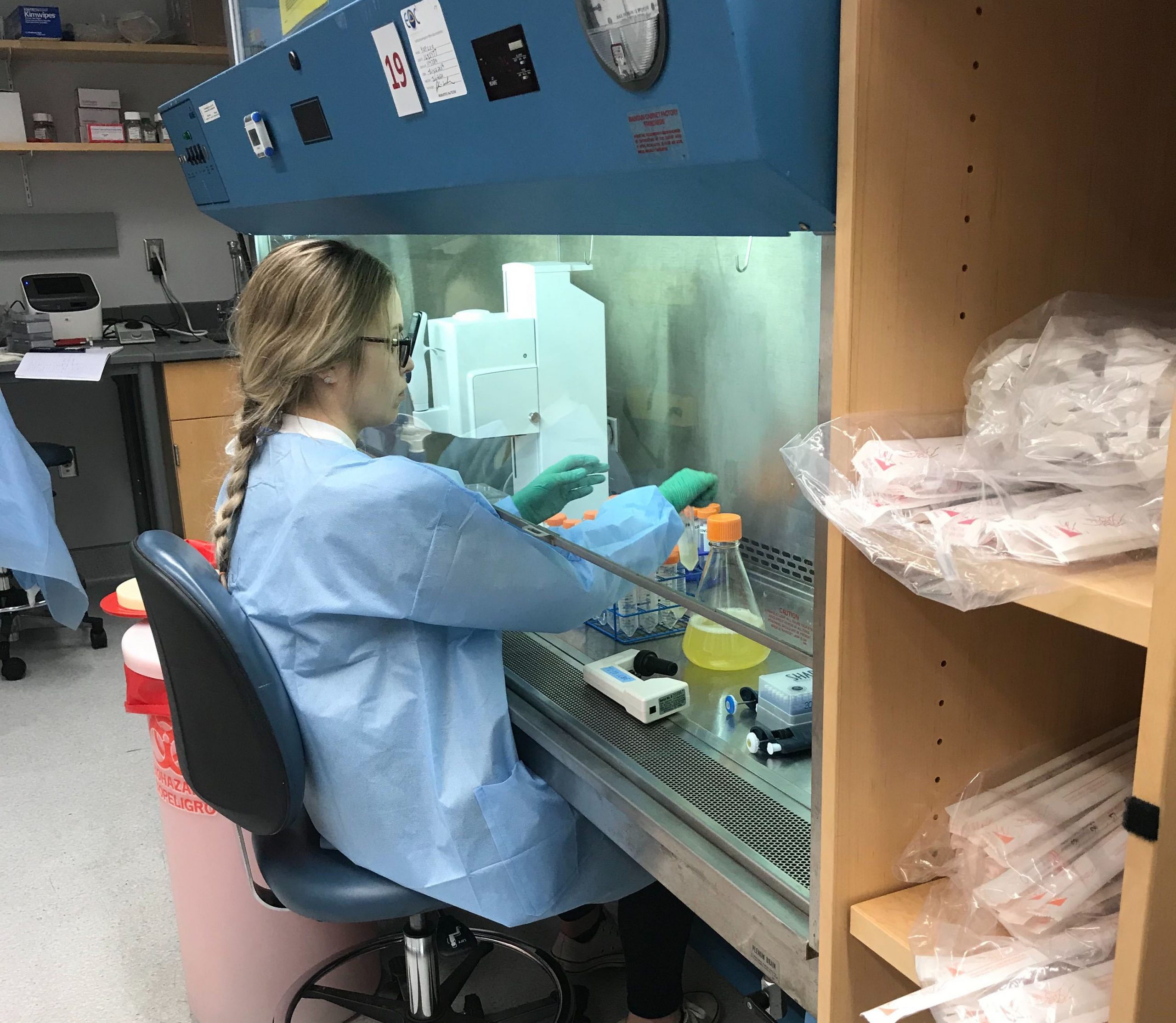
Research: VVC Research includes a large panel of active awards from the US National Institutes of Health, the Defense Advanced Research Projects Agency, the Defense Threat Reduction Agency, and from foundations and industry. The VVC is particularly well funded in the area of virus immunity, with many active grants and contracts for virus studies.
Locations of current research activities: Our studies and collaborations are international in scope. Africa: Uganda, Nigeria, Democratic Republic of Congo, South Africa; Asia: Sri Lanka Singapore; Caribbean and Central/South America: Argentina, Chile, Brazil, Panama, Costa Rica.
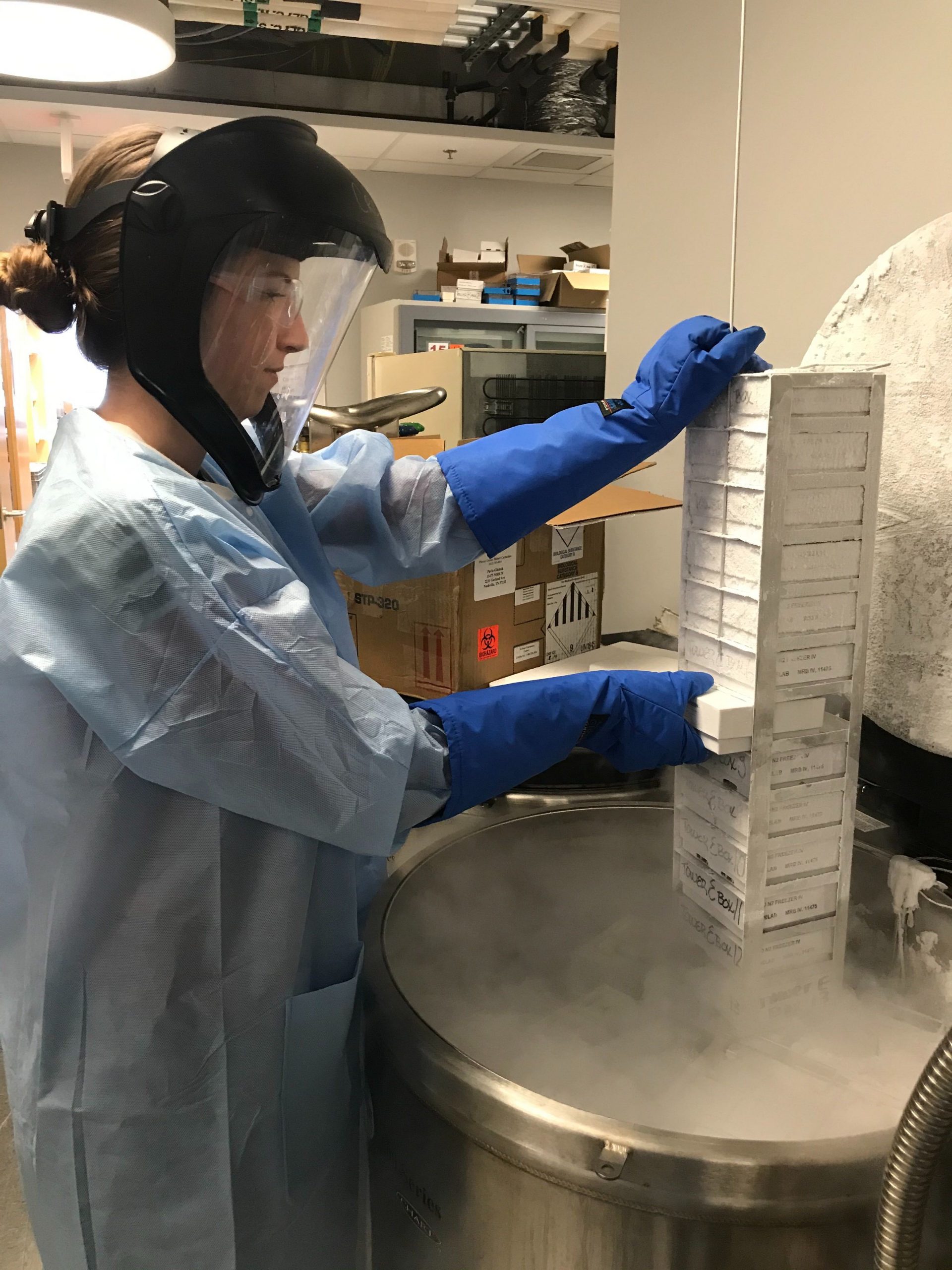
Disease focus areas: Our specialty is developing antibodies for emerging infectious diseases and biodefense: SARS-CoV-2, Middle East Respiratory Syndrome (MERS) coronavirus, Ebola, Marburg, chikungunya, dengue, Rift Valley fever, poxviruses; HIV AIDS; respiratory viruses: RSV, MPV, influenza, including avian H5, H7 and swine H3N2 variant; gastrointestinal viruses: noroviruses, rotaviruses.
VVC plays a major role in research in emerging infectious diseases because of the high capacity of the Center to develop and test human monoclonal antibodies in a rapid fashion. Antibodies developed from the B cells of vaccinees or survivors of natural infection are powerful tools for development of rapid diagnostic point of care tests, and can be developed as prophylactic or therapeutic biological drugs. The large-scale epitope discovery work in the Center also contributes to the development of tools for understating the human immune response to infection or vaccination. VVC scientists have deposited information on thousands of epitopes to international repositories the Immune Epitope Database, the Protein Data Bank, GenBank and other publicly available sources.
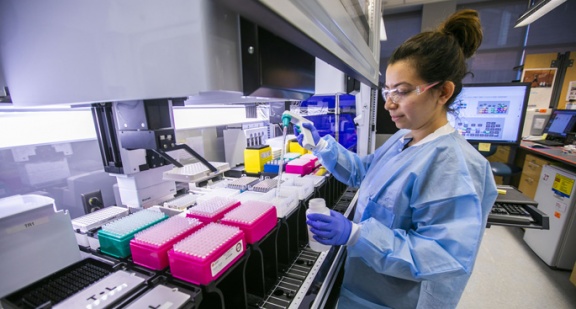
Recognition: This research team has been widely recognized for excellence in biomedical research. Awards and prizes recognizing the group’s work include:
2018 Best Academic Research Team, 11th Annual Vaccine Industry Excellence Awards, World Vaccine Congress
2019 Future Insight Prize for Pandemic Protection
2021 Golden Goose Award, for scientific contributions with great societal benefit from the American Association for the Advancement of Science (see the Film (5 min): The Human Immunome: Small Moves Become a Movement
2022 Harrington Prize for Innovation in Medicine for moving science forward with novel research that has potential for clinical application.
2022 TIME, The Best Innovations. For tixagevimab and cilgavimab antibodies for COVID-19, announced here.
2023 Building the Foundation Award from Research!America, recognizes one or more individuals whose basic research discoveries have played a pivotal role in advancing public health
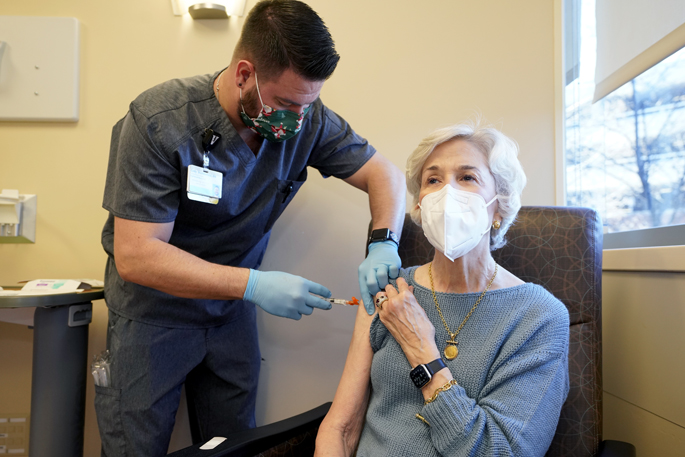
Press: The laboratory has been featured in many press and educational venues, including local, national and international media venues, including National Public Radio, Public Television, CNN, CBS Evening News, BBC, Fox, New York Times, Wall Street Journal, Atlantic, and others. Bill Whitaker of 60 Minutes reported in “THE LAST PANDEMIC” on the group’s efforts to prevent future pandemics; > 9 million viewers Watch or read transcript.
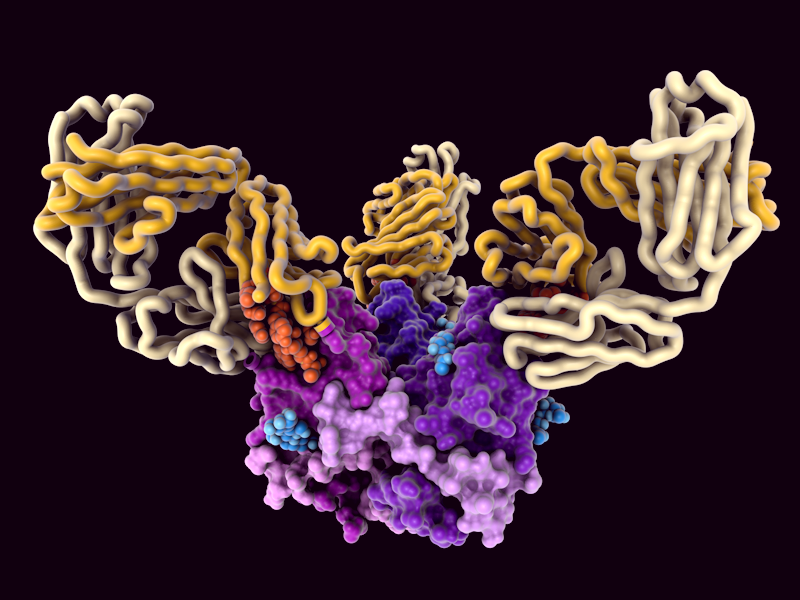
The lab director Dr. Crowe explained the work in a frequently watched TEDx talk, Unraveling the Mystery of Immunity.
The online Seeker video podcast featured SARS-CoV-2 work in The Race to Develop a Coronavirus Treatment.
